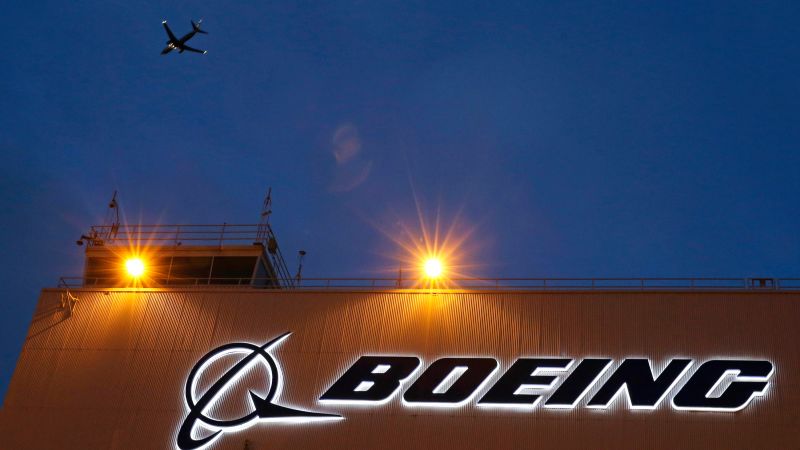A union representing Boeing engineers has alleged that the company retaliated against two employees who were working on behalf of the Federal Aviation Administration (FAA) to provide manufacturing oversight. The Society of Professional Engineering Employees in Aerospace (SPEEA) filed a complaint with the National Labor Relations Board on behalf of one of the engineers seeking to uncover a report from Boeing’s internal investigation into the incident. The two workers had raised concerns about reevaluating engineering work on the 777 and 787 to account for a new FAA advisory, to which Boeing initially pushed back before agreeing to redo the work.
The union alleges that Boeing retaliated against the two engineers in their performance reviews after they raised concerns about reevaluating prior engineering work on the planes. One of the engineers has quit Boeing due to the way he was treated, while the other is trying to appeal a decision not to change his performance evaluation. The complaint states that both employees received downgraded marks on the ‘Performance Values’ section of a performance review after raising their concerns. The union says Boeing refused to provide them with a copy of the investigative report they requested.
Boeing insists that they have zero tolerance for retaliation and encourage employees to speak up about issues. According to the company, after an extensive review of documentation and interviews with witnesses, investigators found no evidence of retaliation or interference. Boeing maintains that the allegations are unsubstantiated, and the FAA is investigating the situation. The company stated that the investigation was part of a confidential process and the report could only be shared with the FAA.
A Boeing whistleblower, Sam Salehpour, recently raised concerns about the fuselages on the 787 and 777 planes and faced retaliation for doing so. The complaint filed on behalf of the two engineers involves a different issue related to the onboard computer networks on the planes. Boeing managers objected to rerunning calculations regarding the systems based on new assumptions, citing cost and production delays. However, after nearly six months of debate, the engineers, with backing from the FAA, prevailed, and Boeing ultimately agreed to redo the required analysis.
The union argues that the negative performance reviews received by the engineers could harm their chances for promotions or subject them to layoffs. Even after the manager admitted that he had rated the engineers poorly at the request of other managers at Boeing who had to resubmit their work, the company refused to change the engineers’ performance evaluations. The union believes that the engineers did the right thing by sticking to their guns despite pressure from Boeing and were unfairly subjected to career-damaging performance reviews. SPEEA’s Director of Strategic Development, Rich Plunkett, emphasized that this situation highlights issues with Boeing’s safety culture and the importance of standing up for what is right.















